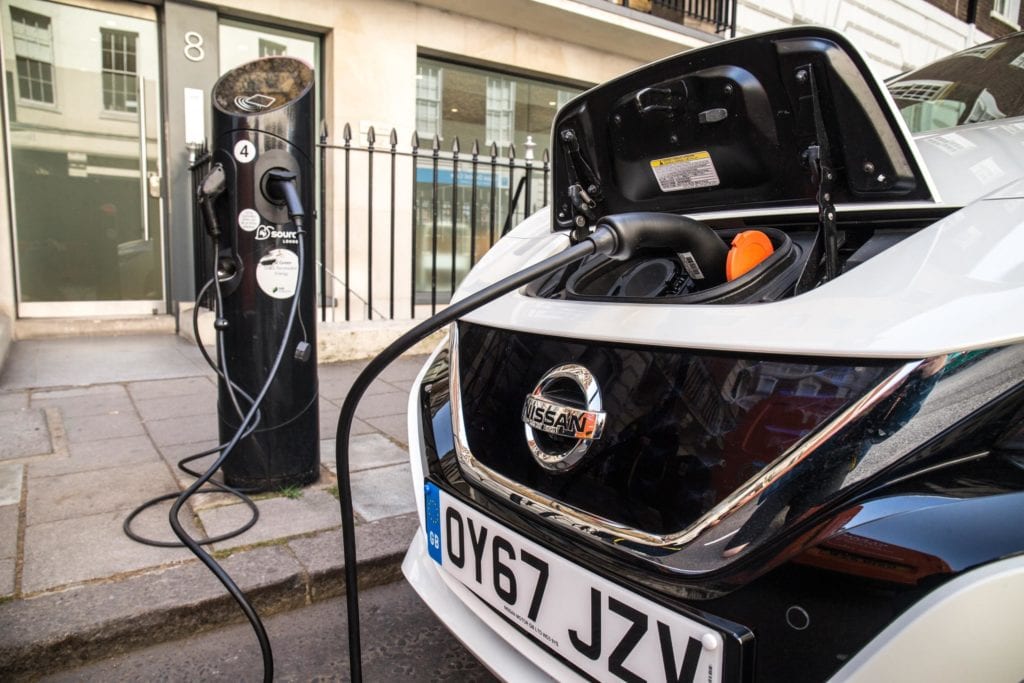
The UK Government is to double the amount available for the provision of on-street charging points as it looks to boost electric vehicle (EV) sales.
Transport secretary Grant Shapps announced plans to increase the investment in charging on residential streets to £10 million (€11.8 million) – a move that could fund up to an extra 3,600 locations, making it easier for those without access to a driveway and a home charging point to power their EV.
The Government is also looking at how to make information about all public charging points, including locations and power ratings, openly available in a standard format for the first time.
Open platform
The Department for Transport (DfT) will look at how real-time information could be published, showing whether charging points are in working order and in use, which could then be used by developers and incorporated into satellite-navigation systems and route-mapping apps.
Ensuring that charging an EV is convenient and simple is crucial to the UK Government’s plans to phase out petrol and diesel cars and move to a carbon-neutral society, according to a statement.
‘We want to make electric cars the new normal, and ensuring drivers have convenient places to charge is key to that,’ Shapps said. ‘By doubling funding again for chargepoints on streets where people live and opening up data, we are helping drivers easily locate and use affordable, reliable locations whether at home or on the road.’
‘The new Government is accelerating UK leadership in digitalisation and decarbonisation through our future of transport strategy, added transport minister George Freeman. ‘Supporting the smart use of open data for new apps to help passengers and drivers plan journeys, and to reduce congestion and pollution, is key. Comprehensive chargepoint data is crucial for mapping charging hotspots and notspots for consumers, to help to drive forward the electric vehicle revolution.’
Widespread coverage
So far, the UK Government and industry have supported the installation of over 17,000 devices, providing over 24,000 publically available chargepoints, of which 10% are fast-charging locations. This means there are more EV plug-in points in the country than fuel stations.
The Government has already challenged industry to provide debit and credit card payment at all newly installed rapid chargers and to develop a roaming solution across the charging network, allowing EV drivers to use any public charging location through a single app or payment method.
The announcement follows the establishment of the Government’s National Chargepoint Registry (NCR) in 2011, which is an open source of data for all public chargepoints. All publicly funded points are already required to be uploaded to the NCR, but the Government now aims to ensure information on all locations is released.




You must be logged in to post a comment.